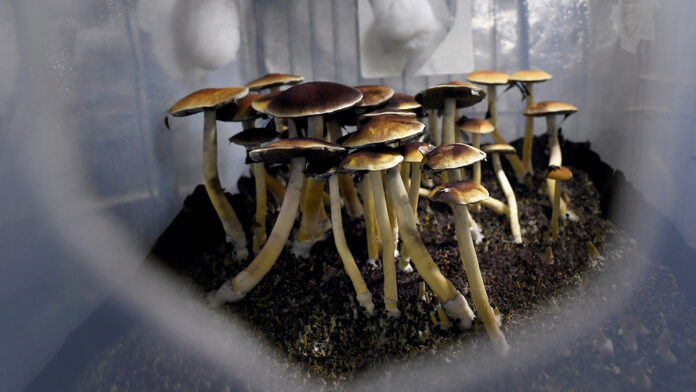Magic mushrooms, also known as shrooms, have been used for centuries by cultures worldwide. While some people use them recreationally, many others believe they have powerful healing and spiritual properties. With emerging research suggesting that these fungi can be beneficial in treating certain medical conditions and mental health issues, interest in using magic mushrooms has grown exponentially.
This article aims to look at both sides of this ongoing debate to uncover facts and myths about the effects of using these mysterious mushrooms – exploring scientific studies and anecdotal accounts from users worldwide.
What are magic mushrooms, and where do they come from?
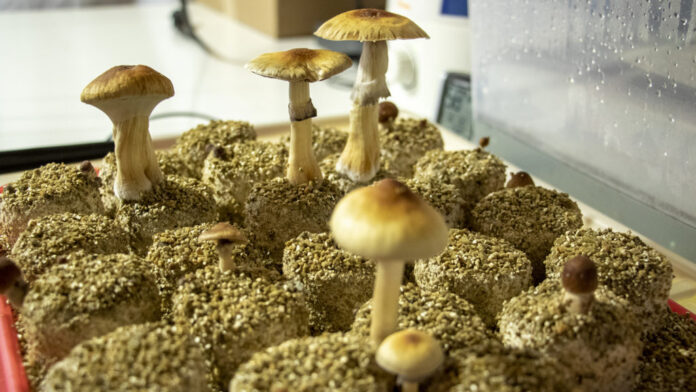
Magic mushrooms are psychoactive fungi found in many parts of the world. It has been traditionally used for centuries by cultures worldwide for shamanic practices, rituals, and spiritual ceremonies. Magic mushrooms have become increasingly popular in recent years for their psychedelic effects due to compounds such as psilocybin and psilocin contained within them.
Although these compounds occur naturally in certain mushrooms, they have also become a mass cultivation target through manufacturing, growing, and extraction techniques. As a result, magic mushrooms can now be found both in the wild and commercially sourced across countries worldwide, depending on local laws and regulations.
What are the effects of magic mushrooms on the human brain and body?
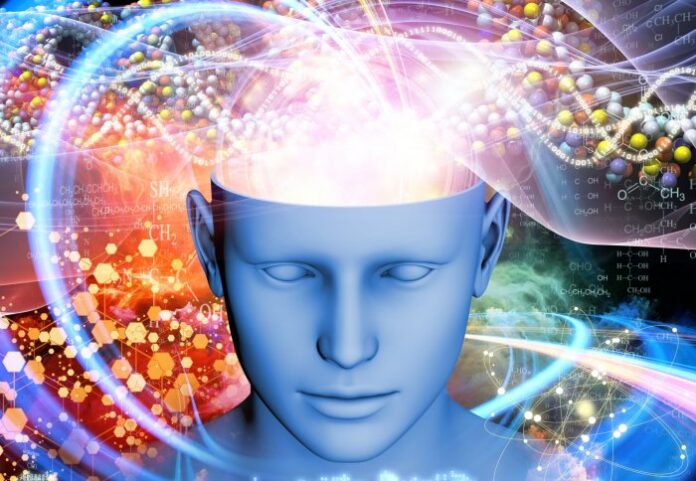
When consumed, magic mushrooms have a range of effects on the human body and brain. These effects can range from mild to intense depending on the type of mushroom ingested, its dose, and other factors such as environment and mental state.
The primary active ingredient in magic mushrooms is psilocybin – a naturally occurring compound with psychoactive properties. When consumed, it is rapidly metabolized into the active compound psilocin – known to have a range of effects on the mind and body, including the altered perception of time, increased creativity and spiritual insight, and increased sensuality and empathy towards others.
In addition to these effects, some studies suggest that magic mushrooms may also have potential therapeutic value when used in a controlled setting. For instance, small-scale clinical trials on people with depression and anxiety have reported positive outcomes after consuming psilocybin mushrooms.
Moreover, the use of psilocybin-containing mushrooms has a long history in various cultures, often in spiritual or shamanic rituals. These practices involve consuming the mushrooms to induce altered states of consciousness, allowing individuals to explore their inner selves and gain deeper insights into the mysteries of existence.Recent research has rekindled interest in the therapeutic potential of magic mushrooms. Studies indicate that they may offer promise in treating conditions like post-traumatic stress disorder (PTSD), addiction, and end-of-life anxiety. As the scientific community delves deeper into these possibilities, the future of magic mushrooms as a tool for both self-discovery and healing appears increasingly intriguing. If you’re all for it, please click here.
What are the most common myths about magic mushrooms?
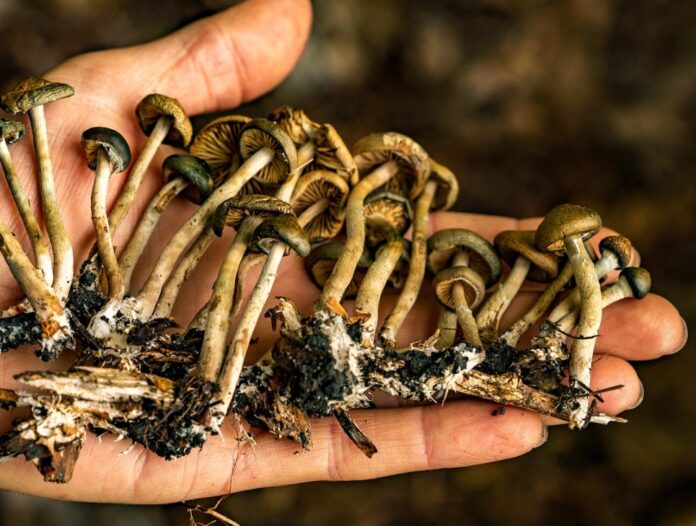
One of the most common myths about magic mushrooms is that they cause hallucinations. While it is true that some individuals may experience visual or auditory distortions when taking magic mushrooms, these effects are not considered to be actual hallucinations, as there is no evidence to suggest that psilocybin can produce an altered sense of reality.
Another myth associated with magic mushrooms is that they are addictive. It is false, as there is no evidence to suggest that magic mushrooms have addictive qualities and that individuals do not develop physical or psychological dependence after consuming them.
Finally, many people also believe that magic mushrooms can lead to permanent mental damage, such as psychosis or schizophrenia. Although psilocybin has been linked to temporary changes in perception and mental state, there is no evidence to suggest that it has any long-term effects on mental health. Therefore, this myth should not be taken seriously.
Tips for ordering shrooms online safely
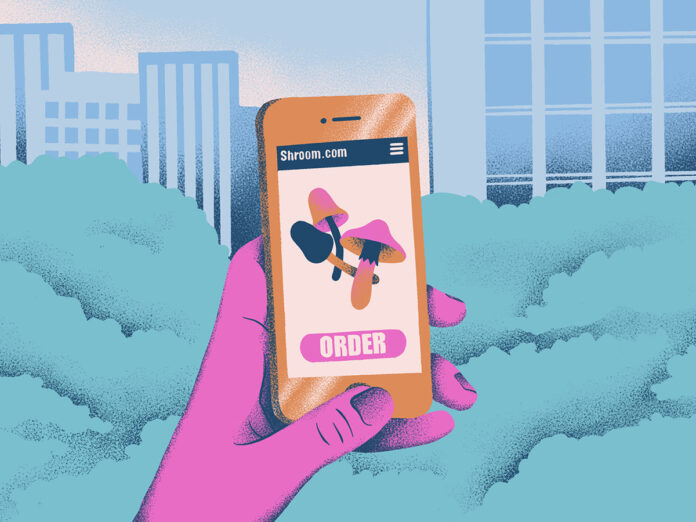
Ordering shrooms online can be a convenient and safe source if you take the necessary precautions. Here are a few tips to follow when ordering shrooms online:
Research the vendor thoroughly– Check out reviews and testimonials from past customers to ensure they are reliable and trustworthy.
Verify their credentials– Ensure the vendor’s website is secure and that they have explicit policies to protect your personal information.
Ensure quality control measures– Check for third-party laboratory testing certificates to ensure that any shrooms you purchase are free from contaminants and of good quality.
Are there any risks associated with taking magic mushrooms?
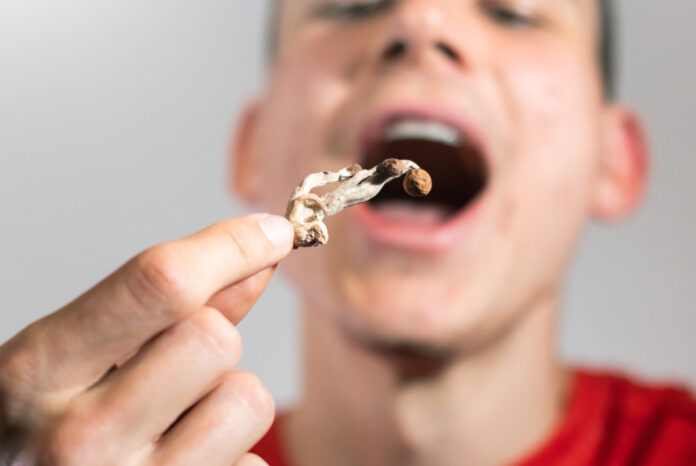
The most significant risk is the possibility of having a bad trip – which occurs when the effects of psilocybin become overwhelming and unpleasant. It can include intense fear, disorientation, confusion, and paranoia. Therefore, it is crucial to be aware of the potential risks and take necessary precautions when using magic mushrooms.
In addition, there is also a risk of poisoning from consuming certain types of mushrooms, as some can contain toxins that can cause adverse reactions in humans. Therefore, you must ensure you are sourcing your mushrooms from a reliable source and not consuming them from the wild unless you are sure of their identity.
Finally, magic mushrooms can also interact with other substances, such as alcohol and prescription medications which may increase the risk of adverse reactions.
How can you tell if a mushroom is safe to eat or not?
The first step is to identify your mushroom correctly. Different mushrooms have different levels of psilocybin content, so ensure you can correctly identify the species before consuming it. It is also important to source your mushrooms from a reliable source and only consume them from the wild if you are sure of their identity.
Once the species has been identified, it is vital to check for any potential toxins that may be present in the mushroom. To do this, wash a small amount of ground-up mushroom material on a piece of white paper and wait a few minutes to see if any discoloration appears – which could indicate the presence of toxins.
